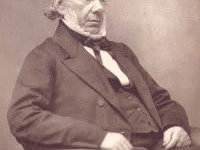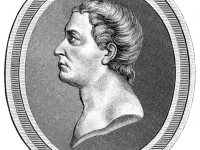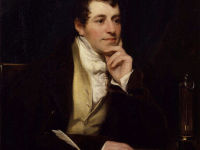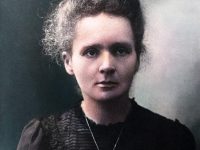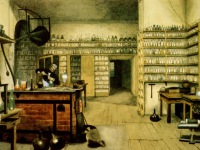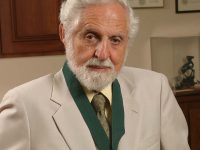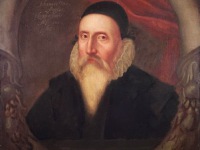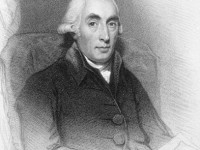John Mercer and the Cotton Mercerisation
On February 21, 1791, English dye and fabric chemist John Mercer was born. He invented the mercerisation process for treating cotton which is still in use today and was a pioneer in color photography. Background John Mercer John Mercer grew up in Lancashire, England. He entered the textile industry as a bobbin-winder when he was still a boy. His father died in 1802, and the family were left very poor. John moved about…
Read more

